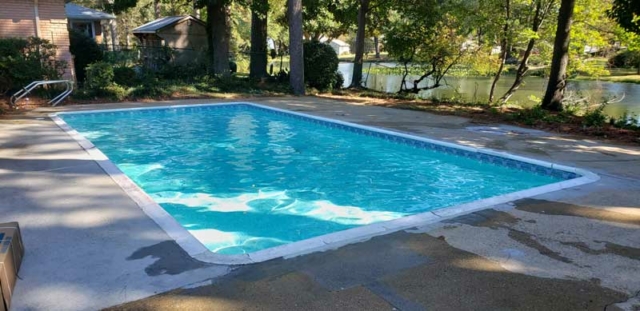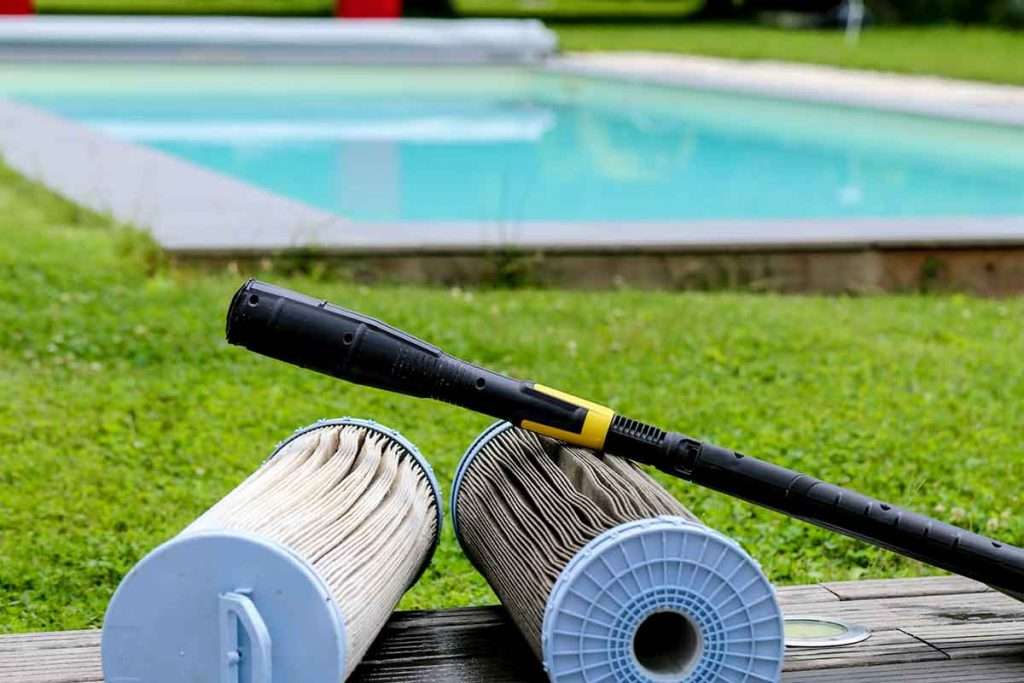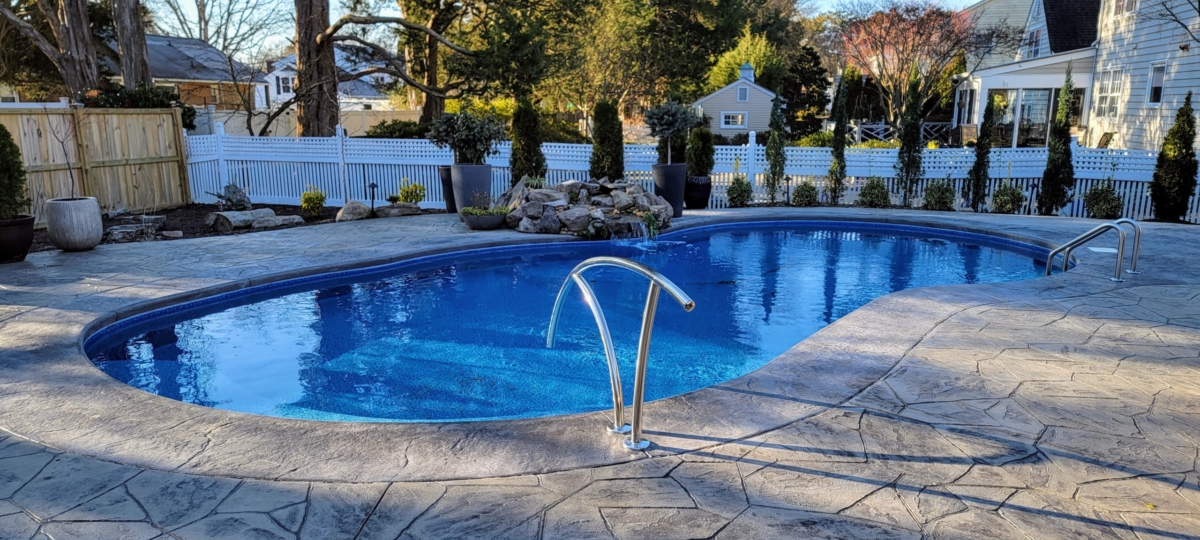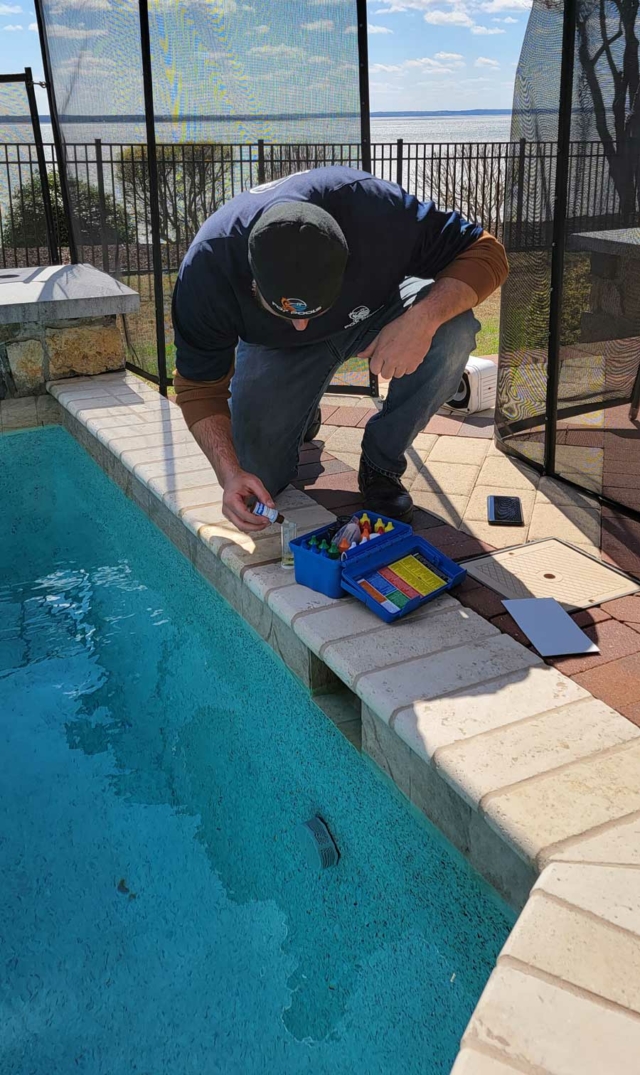What Pool Inspections Entail
Does your backyard have a personal oasis? Undoubtedly, a swimming pool is a great addition to any house, offering several hours of entertainment and relaxation. However, it’s imperative to make sure your pool is secure and well-maintained as a responsible pool owner. Pool inspections become important in this situation. We’ll delve deeply into the realm of pool inspections in this post, covering everything from vital safety checks to preserving water quality, so you’ll be well-prepared to maintain your pool in top condition.

Understanding the Value of Pool Inspections
Pool inspections are an essential part of pool ownership. These examinations are intended to evaluate the security and general health of your pool, highlighting any potential risks and problems. Regular inspections not only keep your family and visitors safe but also save you money by preventing expensive future repairs. So, when was the last time you had an inspection of your pool? If it’s been a while, let’s go over what these inspections comprise in more detail.
Safety First: Pool Safety Checks That Are Essential
When it comes to pool inspections, swimmer safety is of the utmost significance. Diverse safety features will be meticulously examined by a licensed pool inspector to make sure everything is in good working order. These qualities consist of:
1. Pool Fencing: The pool fence serves as the first line of security, keeping out intruders, particularly kids and dogs. The inspector will examine the gate and fence for any openings, damage, or weak spots to make sure they adhere to regional safety standards.
2. Pool Decking: The pool’s surrounding area should be devoid of tripping hazards and slip-resistant. The inspector will evaluate the pool deck’s condition and search for any hazards like cracks or uneven surfaces.
3. Drain Covers: If pool drains are not properly covered, they might pose major risks. To avoid entrapment accidents, the inspector will check that all drain covers are safe and up to code.
4. Safety Equipment: Around the pool, there should be easy access to adequate safety equipment, such as shepherd’s hooks and life rings. The inspector will attest to their existence and state.
Checking the Water Quality
Your pool’s water condition is equally crucial to safety. Nobody wants to swim in water that is muddy or chemically unbalanced. The water quality of the pool will be meticulously inspected. The inspector will be searching for the following:
1. pH Levels: To prevent the water in your pool from being either too acidic or too alkaline, the pH level should fall within a certain range. Maintaining the right pH levels helps prevent corrosion of pool equipment and maintains water clarity.
2. Levels of chlorine or other sanitizers: To eliminate bacteria and keep the water safe for swimmers, chlorine or other sanitizers are necessary. The sanitizer levels will be tested by the inspector to make sure they are sufficient.
3. Total Dissolved Solids (TDS): TDS is a term used to describe the concentration of different dissolved materials in water. Water balance can be impacted by cloudiness and high TDS levels. TDS levels will be examined, and the inspector will suggest appropriate measures.
4. Filtration System: The pool’s filtration system is in charge of clearing the water of contaminants and debris. The inspector will evaluate the filter’s state and make sure it is in good working order.
Structural and Equipment Inspection
The inspection will include not only the pool but also its surrounding structures and associated equipment. This comprises:
1. Pool Equipment: To make sure pumps, motors, heaters, and other pool equipment are functioning correctly and efficiently, the inspector will examine their state.
2. Pool Surface and Structure: Over time, cracks or other surface damage to the pool can get worse, resulting in leaks and other structural problems. The pool shell will be examined by the inspector for any symptoms of deterioration.
3. Pool Covers: If your pool has a cover, the inspector will examine it to make sure it is in good working order and can be used safely.
Tips for a Successful Pool Inspection
Here are some helpful hints to make sure your pool passes the inspection with flying colors:
1. Consistent Maintenance: Maintain your pool consistently by skimming, vacuuming, and cleaning the pool area. This will aid in problem prevention and improve the condition of your pool.
2. Deal with Repairs: If your pool needs repairs, don’t wait to have them done. You can avoid expensive future problems by making repairs as soon as possible.
3. Use a Professional: It’s advisable to rely on a licensed pool inspector when having a pool inspected. Their skill and trained eye will guarantee a full assessment of the security and condition of your pool.
Schedule Your Inspection Today

Although owning a pool is fun, it also carries a lot of responsibilities. The longevity of your pool and the safety of swimmers are both guaranteed by regular pool inspections, which are a crucial component of responsible pool ownership. You can take preventative measures to maintain a secure and pleasurable swimming environment for everyone by being aware of what pool inspections entail.
Are you prepared to arrange a pool inspection? For expert and thorough pool inspection services, get in touch with our team at Fox Pools. Let’s maintain your pool in peak condition and enjoy some worry-free swimming!











Leave a Reply
Want to join the discussion?Feel free to contribute!